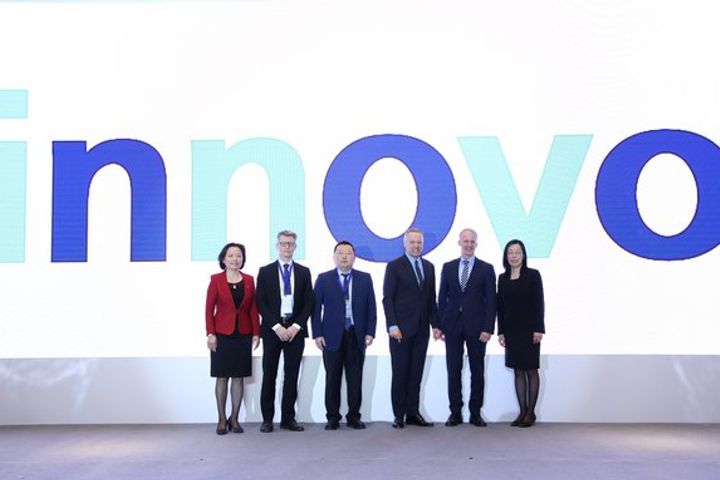 Novo Nordisk Joins Hands With Chinese Drug Researchers to Accelerate R&D
Novo Nordisk Joins Hands With Chinese Drug Researchers to Accelerate R&D(Yicai Global) March 8 -- Danish pharmaceutical firm Novo Nordisk, the world's largest diabetes drug maker, plans to open a Chinese research and development center as it turns to local companies for help getting new medicines to market, making it the fourth major pharma to do so in recent years.
The Bagsvaerd-based firm will use its new research platform Innovo to cooperate with local research institutes, universities and startups and build an ecology for pharmaceutical R&D and accelerate the creation of innovative drugs, it said in Beijing on March 6. Innovo will mostly focus on diabetes research and other chronic metabolic diseases.
The move follows a string of similar changes made by global pharmaceuticals, including the United States' Eli Lilly, which set up an innovation cooperation center in Shanghai in March 2018 and has struck up a partnership with local firm Innovent Biologics. Other big names have also found domestic allies, including Sanofi, which paired up with Zai Lab, and Roche, which is developing new drugs with help from Hua Medicine.
Innovo will serve as an innovation accelerator to connect healthcare professionals, academics and pharmaceutical companies, said Su Jing, president of the Novo Nordisk Research Center China. This will support drug R&D collaboration in the country and expand the boundaries of development, he added.
Solo Research Is Slow
Multinationals are increasingly turning to local partners to extend research in China as working alone is becoming increasingly difficult.
It takes 10 to 20 years for scientists to complete development of a new from, from the first target screenings through to market debut, when researching alone, a senior executive at the Chinese arm of a multinational pharmaceutical firm told Yicai Global, saying that this could hardly be considered success.
The time it takes to get a drug commercialized is declining though, as China reforms its pharmaceutical examination and approval system and locals challenge multinational giants' sales model of promoting patent-expired drugs in the country. These overseas titans are now relying more on Chinese researchers to accelerate development and start making money from their drugs.
"Companies can gather wisdom through cooperation," the executive said. "New drug R&D is a close call, companies need to move in the face of failure, although the probability of success is increasing."
Editor: James Boynton